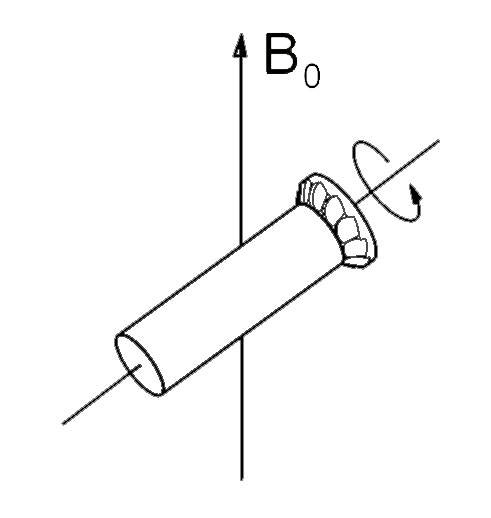Primary research areas:

Current research
The principal research field is at the moment cement-based materials where academia and industry faces the global challenge of developing a more sustainable cement production, i.e. a lowering of the CO2 emission without sacrificing the performance and production capacity of the materials. Our contributions to this field have largely been related to chemical modifications of Portland cement and the development of new supplementary cementitious materials (SCMs), which can partly replace Portland cement in cement blends resulting in a reduction in CO2 emission by up to approximately 40 %. This has included SCMs based on glasses and in particular thermally activated clay minerals. We also contribute to the field by developments of new cement binders (calcium sulphoaluminate cement), characterization of hydrated cement blends, durability tests of mortars and concrete including SCMs and porosity investigations utilizing low-field proton NMR. Our research employs solid-state NMR as the principal technique, since this method allows detection of crystalline and amorphous compounds in an equal manner. However, a range over other techniques are also utilized such as thermodynamic modelling, powder X-ray diffraction (XRPD), thermogravimetric analysis (TGA), and elemental solution analysis (ICP). In addition, we have strong collaborations with the Danish and European cement industry and academic research institutions in this field and we are an academic member of the NANOCEM network (www.nanocem.org).
The research group has for a long time had collaborations with Haldor Topsøe A/S on heterogeneous catalysts used for purification of oil products or for a “green” approach to synthesize fuels. Currently, we utilize and further develop solid-state NMR techniques for obtaining new information about structural and catalytic properties of these catalysts, e.g. the identification and characterization of catalytic active sites in silicious framework structures (for example ZSM zeolites) or the degradation of zeolite materials during a catalytic regeneration treatment. This research utilizes the ultra-high field NMR spectrometer available at iNANO.
Major Research programmes: